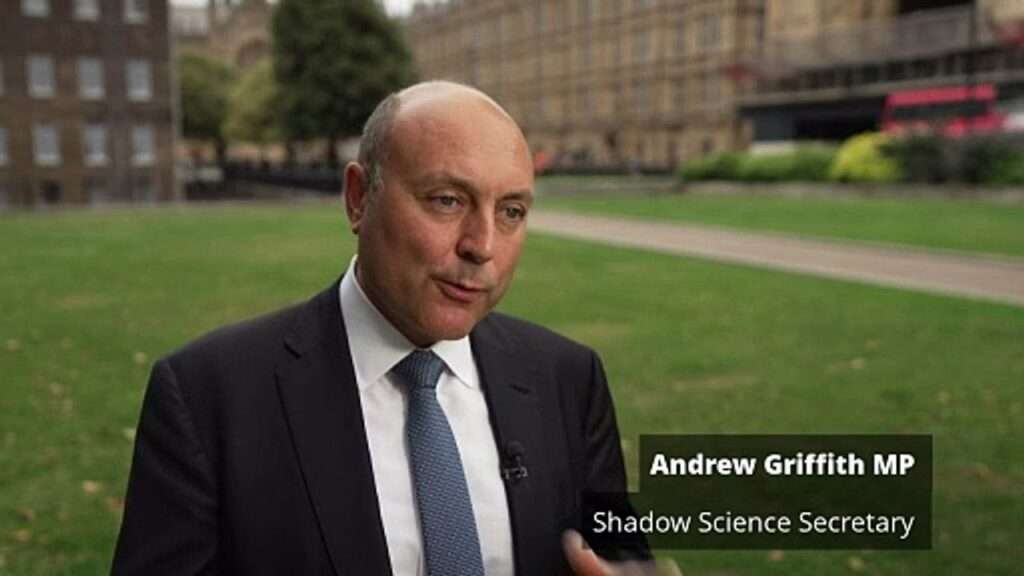The Labour government has paused £1.3 billion in funding that was previously committed by the Conservative administration for technology and artificial intelligence projects.
This decision has cast uncertainty over the future of the UK’s first next-generation supercomputer, a significant leap forward in computational power.
The previously announced funding included £800 million dedicated to the development of an exascale supercomputer at the University of Edinburgh, along with an additional £500 million allocated for the AI Research Resource, which provides essential computing power for AI research.
Government officials have labeled these as “unfunded commitments,” arguing that the financial promises made by the prior government were not matched by actual budget allocations.
The Department for Science, Innovation, and Technology emphasized the need for prudent fiscal management in light of these discrepancies.
A spokesperson from the department commented, “We are absolutely committed to building technology infrastructure that delivers growth and opportunity for people across the UK.”
“The government is taking difficult and necessary spending decisions across all departments in the face of billions of pounds of unfunded commitments. This is essential to restore economic stability and deliver our national mission for growth.”
Department spokesperson
Despite the funding halt, approximately £300 million earmarked for the AI Research Resource has already been distributed and will proceed as planned.
Funding Cuts Raise Tech Sector Concerns
However, this abrupt funding retraction has sparked significant concern. Andrew Griffith, the shadow science secretary, highlighted potential negative impacts on the UK’s tech sector.

He noted that ministers were advised of potential budget underspending in the current financial year before the election, suggesting that the cuts could have been avoidable.
“This is a terrible blow to the UK tech sector and could be just the start of Labour cuts. During the election, Labour refused to commit to growing the amount the UK spends on research, yet that’s a core part of growing a modern economy. If DSIT can’t get the funds from the Treasury, this means university research can expect to be hit, too.”
Andrew Griffith
The uncertainty surrounding the Edinburgh exascale supercomputer is particularly alarming. The University of Edinburgh’s principal and vice-chancellor, Professor Sir Peter Mathieson, is urgently seeking a meeting with the science secretary to discuss the project’s future.
The planned supercomputer, expected to be 50 times faster than existing machines, was poised to position the UK at the forefront of computational research.
Capable of performing one quintillion calculations per second, it was set to revolutionize fields ranging from artificial intelligence and drug discovery to climate change modeling and astrophysics.
The University of Edinburgh has long been a leader in supercomputing, currently hosting the national supercomputer, Archer2.
On its website, the university highlights the transformative potential of the exascale machine.
“Exascale will help researchers model all aspects of the world, test scientific theories, and improve products and services in areas such as artificial intelligence, drug discovery, climate change, astrophysics, and advanced engineering.”
Professor Sir Peter Mathieson
A university spokesperson reinforced this commitment, stating, “The University of Edinburgh has led the way in supercomputing within the UK for decades and is ready to work with the government to support the next phase of this technology in the UK, in order to unlock its benefits for industry, public services, and society.”
The trade organization techUK has also called on the government to present alternative plans to sustain the supercomputer project.
Also, Dame Wendy Hall, a computer science professor at the University of Southampton and member of the UN’s advisory body on AI, called for a comprehensive and inclusive AI strategy that balances safety with advancement.
READ ALSO: Sharon Ooja Shares Deep Lesson After Studying The Book of Nehemiah





















